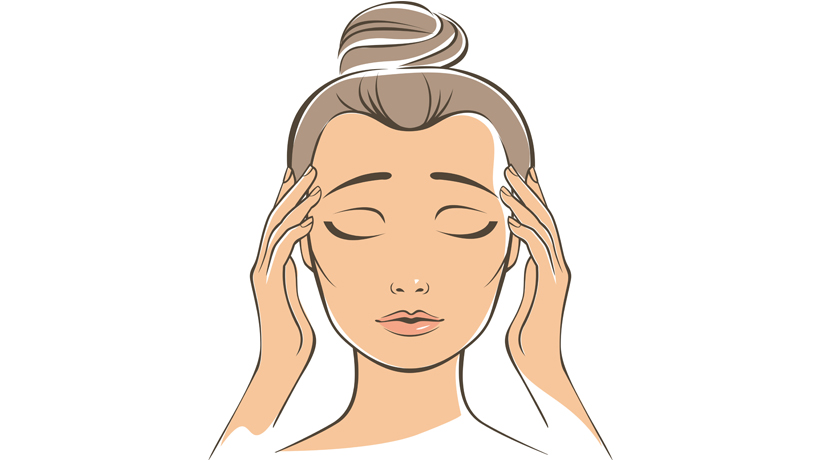When my grandmother developed Alzheimer’s Disease, my mother took on the role of caregiver. She was still my mom, and mom to my two siblings, she was a wife, and she worked full time. At some point, she hired a caregiver to come in and help. Why? She realized she had taken on too much.
Here are some signs you might be taking on too much.
Fatigue
Fatigue is when you become extremely physically tired as a result of intense physical or mental exertion. Fatigue isn’t being tired. Tired happens naturally every day. Fatigue is a result of using up too much energy.
Exhaustion
Exhaustion and fatigue are often confused. Where fatigue is a body tiredness resulting from exertion, exhaustion is a mental tiredness (it can be physical also) that leaves you with no energy left. Your body may be used up, but your brain is too. Thoughts may be fuzzy, or you may feel confused.
Depression
Depression is often confused with sadness. Sadness is a natural response to a tragic or disappointing event. Sadness goes away relatively soon. Depression, however, is a state in which you feel hopelessness that does not go away on its own. Depression can be brought on by prolonged exhaustion, in which the burden of a situation no longer seems to have an end or fix in site.
Depression is a complex issue and should be addressed by a healthcare professional
Poor immune system
The sustained stress of never getting ahead of your objectives results in poor sleep, and higher levels of stress hormones in your body. Those stress hormones turn off portions of your immune system. As a result, you might find yourself getting sicker easier or more frequently.
You have no choice
The person who is chronically overworked or juggling too many “important” things will almost always feel trapped by those responsibilities, leaving them with the belief that they have no choice but to continue juggling all this stuff because they feel like if they stop, there will be dire consequences.
My mom believed there would be life and death consequences if she stopped caring for her mother nearly around the clock. That was because she was so overwhelmed and stretched to her limits she couldn’t even think of possible alternatives.
Letting yourself go
Have you given up on working out? Have you let hygiene fall to the wayside? People who are taking on too much usually sacrifice themselves and their own happiness because they don’t have the time and they feel they are less important than the tasks they manage.
All of these signs point to having too many responsibilities. The solution begins with introspection. Are these all necessary? Can you pass some of this on to someone else?
Getting out of this cycle is going to involve you wanting to get out, recognizing that this cycle is bad for you (and probably bad for your loved ones as a result), and that much of what we take on is not as vital as we once thought.
The points here are the insights of the writer.



